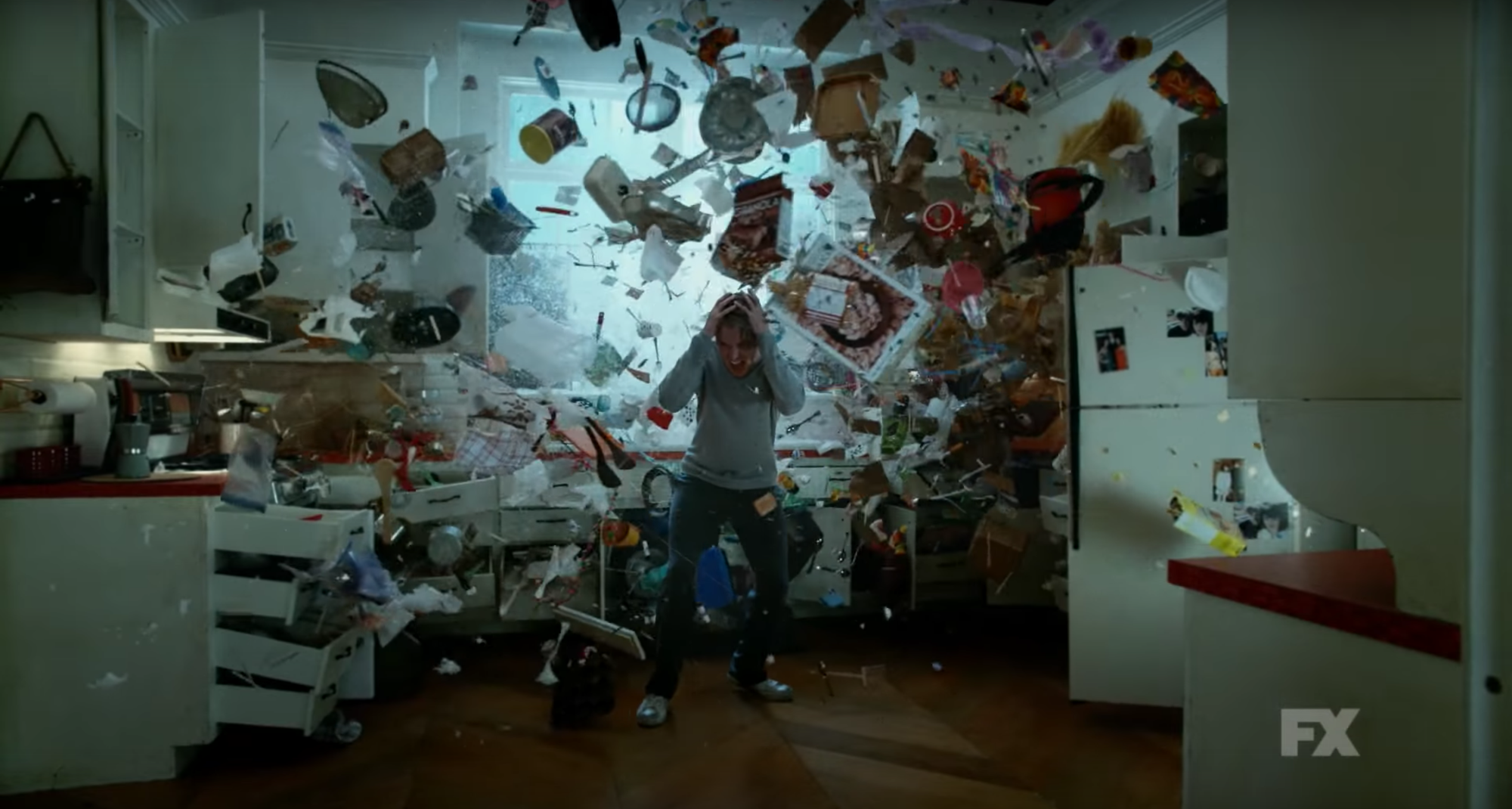
News
‘Deal with the Devil’: Harvard Medical School Faculty Grapple with Increased Industry Research Funding

News
As Dean Long’s Departure Looms, Harvard President Garber To Appoint Interim HGSE Dean

News
Harvard Students Rally in Solidarity with Pro-Palestine MIT Encampment Amid National Campus Turmoil

News
Attorneys Present Closing Arguments in Wrongful Death Trial Against CAMHS Employee

News
Harvard President Garber Declines To Rule Out Police Response To Campus Protests
'Legion' Debut is Immersive and Electrifying

Brought to us by the same writer behind “Fargo,” “Legion” is a dark take on the X-Men, premiering Feb. 8. Expectations were high for the first episode—and it’s safe to say that they have been met.
For a full hour, “Legion” takes viewers through the world of paranoid schizophrenic David Haller, the son of Charles Xavier. It’s an immersive experience, with barrages of commanding and criticizing voices and visions of people who may or may not be there. It’s enough to make anyone feel outright scared, and desperate for it all to stop. A patient in a mental asylum called “Clockworks”—possibly a homage to Stanley Kubrick’s “A Clockwork Orange”—Haller has largely suppressed the memories of his telekinetic powers. That is, until he falls in love with another patient: Sydney “Syd” Barrett, who refuses to be touched because of her mutant nature.
The show is deliberately set out of place and time—sixties and seventies outfits contrast with futuristic technology. This blend of designs is initially a little jarring, but once we suspend our disbelief, we are in for a stunning visual experience. In one bittersweet moment, the titular characters are awash with hues of blue and red, set against layers of reflections and unfocused spots of light. Vivid yet believable sets, costumes, and lighting are strong points of “Legion.”
But the show is not just a feast for the eyes. Its soundtrack is equally electrifying. The Rolling Stones’ psychedelic rock song “She’s a Rainbow” shines during a romantic scene, but then is juxtaposed with jarring and haunting instrumental music during a separate psychotic episode. And when a particularly poignant moment calls for silence, Hawley cuts the music.
Both leading actors put on brilliant performances. Dan Stevens and Rachel Keller portray the roles of David and Syd respectively with a special subtlety and authenticity. At one point, the two look out of a window and contemplate their place in the asylum. “You see how the hospital disappears. You can see yourself down there. Like you’re in here, watching yourself outside,” Syd says. David leans in tenderly so their reflections—but not their physical bodies—kiss.
The show’s frequent jumps in space and time require the viewer’s close attention. In fact, the only real fly in the soup appears when the show goes for a generic mutants-versus-villains fight scene, complete with astonishingly terrible aim from both parties. This is the only sequence in the first episode when suspense is replaced by dullness, and when the special effects do not feel quite convincing enough.
However, this is something that can easily be improved in the next seven episodes. Overall, “Legion” is visually engrossing, with sympathetic characters who are complex enough to provide material for the rest of the season.
Want to keep up with breaking news? Subscribe to our email newsletter.
